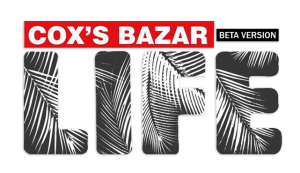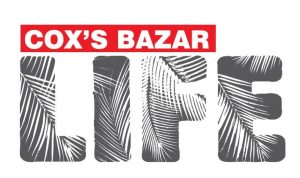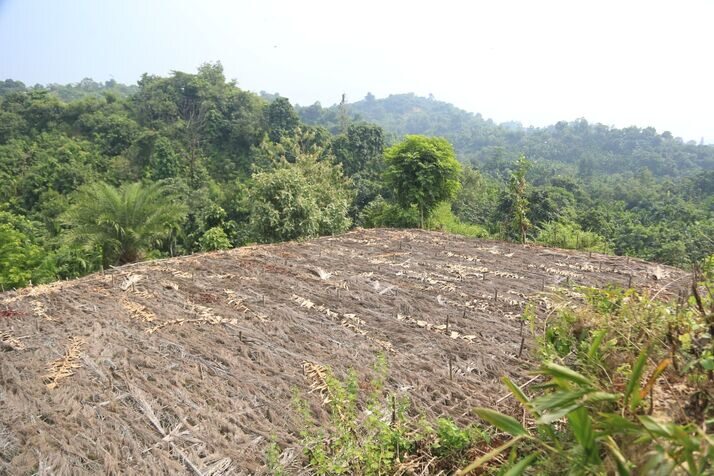Farmers in Jaliapalong Union, Ukhiya Upazila of Cox’s Bazar have shown increasing enthusiasm and success in betel leaf farming on the hilly slopes. Local farmers report that nearly 300 acres of land in this coastal region are now covered with betel leaf plantations.
While the influx of Rohingya refugees from Myanmar initially posed challenges, farmers have managed to recover. However, land and material shortages still hinder expansion.
Rising demand from locals and Rohingya communities has driven up betel leaf prices, making it profitable. According to betel traders, this season alone, betel leaf sales across various markets have exceeded Tk 20 crore, even after meeting local demand.
High Returns with Proper Care
Nazu Miah, a betel leaf farmer from Sonarpara village, emphasized the delicate nature of betel farming compared to other crops. Speaking to the media, he said:
“Betel farming is like growing flowers—the more care you take, the higher the income.”
This season, he earned Tk 1.2 lakh from his plantation and an additional Tk 40,000 from selling betel leaf saplings.
Expanding cultivation and export potential
According to the Upazila Agriculture Office, 450 hectares of land in Ukhiya have been cultivated for betel leaf this season, with Jaliapalong alone accounting for 300 acres.
Speaking to Cox’s Bazar Life, Ukhiya Upazila Agriculture Officer Prosenjit Talukdar highlighted that some betel leaves produced in Ukhiya-Teknaf are of export quality. He stated:
“If there are no natural disasters or plant diseases, Ukhiya-Teknaf can produce betel leaves worth Tk 50 crore annually.”
He also pointed out that most farmers invest in betel cultivation on abandoned forest land, and providing them with low-interest loans could further enhance their economic stability. With high and sustained demand from locals and Rohingya communities, betel leaf prices are unlikely to decline anytime soon.
Market Expansion and Export Prospects
Every week, millions of betel leaves are transported from Sonarpara, Courtbazar, Morichha, Ukhiya Sadar, Balukhali, and Palongkhali to wholesale markets in various cities. Traders process and distribute these leaves to Dhaka and other regions.
Training farmers to produce high-quality, export-standard betel leaves could help Bangladesh boost foreign currency earnings through betel exports. With proper government support and market development, Ukhiya’s betel leaf farming industry has the potential to thrive both domestically and internationally.
By Rajin Saleh
Photo: Hussain Shetu










